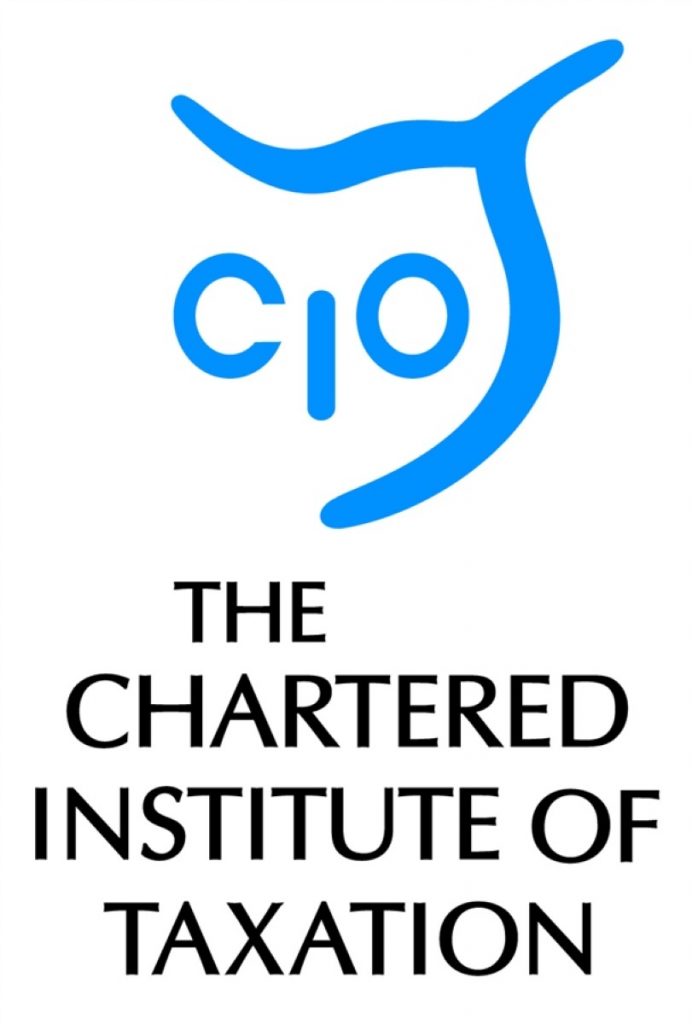Government’s zero hours proposals fail to protect low paid workers
Responding to the Government’s proposal to outlaw ‘exclusivity’ in zero hour contracts and increase transparency, the Low Incomes Tax Reform Group (LITRG) have argued that the proposals fail to grasp what is actually needed to bring sustainable protection for low paid workers on zero hour contracts. The Group maintain that the problems low paid workers face are more often than not to do with poor support from the system, rather than the actual contracts themselves.
In responding to the recent consultation by the Government on the use of zero hours contracts, LITRG have drawn attention to the ways in which such contracts interact with the employees’ tax, NIC position, related tax credits and welfare entitlements.
LITRG Chairman Anthony Thomas said:
“Against the backdrop of the Government’s labour market strategy, we can see this is a much more complex issue than just banning zero hours contracts outright. In any case, the nature of the enquiries we have received from the public suggests that the problems faced by low paid workers are often more to do with insufficient support and information than the actual contracts themselves. Our response recommends changes to those parts of the system within our remit (tax, tax credits and benefits) that can put workers on zero hour contracts at a particular disadvantage.”
“An example from recent email correspondence we received featured a care worker paid the national minimum wage (NMW) and on a zero hours contract whose work-related motoring costs were not reimbursed by her employer. She had been told in her induction interview that they could be ‘claimed’ under HMRC’s ‘mileage system’ even though her earnings were insufficient for her to pay tax in the first place, with the result that the expenses she incurred in doing her job were reimbursed neither by her employer nor through the tax system. In addition the NMW rules meant that any unavoidable travel expenses she personally incurred could not be taken into account in the NMW calculation whereas they would have been if the employer had reimbursed them. Accordingly, she was very likely to be making far less than the £6.31 per hour minimum wage, eroding her precarious position even further.”
Anthony concluded saying:
“If zero hours contracts are here to stay, and it seems that they may be, this query clearly illustrates the need for basic information about what low-income workers on such contracts should expect, as well as the mismatch of the rules that may be affecting them. Great care needs to be taken over such details in order not to put workers at a disadvantage. Our response makes recommendations on these and other matters in the form of practical measures that can be taken relatively quickly to help ease the position of a low income zero hours worker. We also recommend a comprehensive review taking into account the tax and benefit interactions, with a view to better protecting low paid workers in the long term.”
Notes to editors:
1. You can view LITRG’s response in full here.
2. The Low Incomes Tax Reform Group (LITRG)
LITRG is an initiative of the Chartered Institute of Taxation to give a voice to the unrepresented. Since 1998 LITRG has been working to improve the policy and processes of the tax, tax credits and associated welfare systems for the benefit of those on low incomes.
3. The Chartered Institute of Taxation (CIOT)
The CIOT is the leading professional body in the United Kingdom concerned solely with taxation. The CIOT is an educational charity, promoting education and study of the administration and practice of taxation. One of our key aims is to work for a better, more efficient, tax system for all affected by it – taxpayers, their advisers and the authorities. The CIOT’s work covers all aspects of taxation, including direct and indirect taxes and duties. Through our Low Incomes Tax Reform Group (LITRG), the CIOT has a particular focus on improving the tax system, including tax credits and benefits, for the unrepresented taxpayer.
The CIOT draws on our members’ experience in private practice, commerce and industry, government and academia to improve tax administration and propose and explain how tax policy objectives can most effectively be achieved. We also link to, and draw on, similar leading professional tax bodies in other countries. The CIOT’s comments and recommendations on tax issues are made in line with our charitable objectives: we are politically neutral in our work.
The CIOT’s 17,000 members have the practising title of ‘Chartered Tax Adviser’ and the designatory letters ‘CTA’, to represent the leading tax qualification.





-01.png)